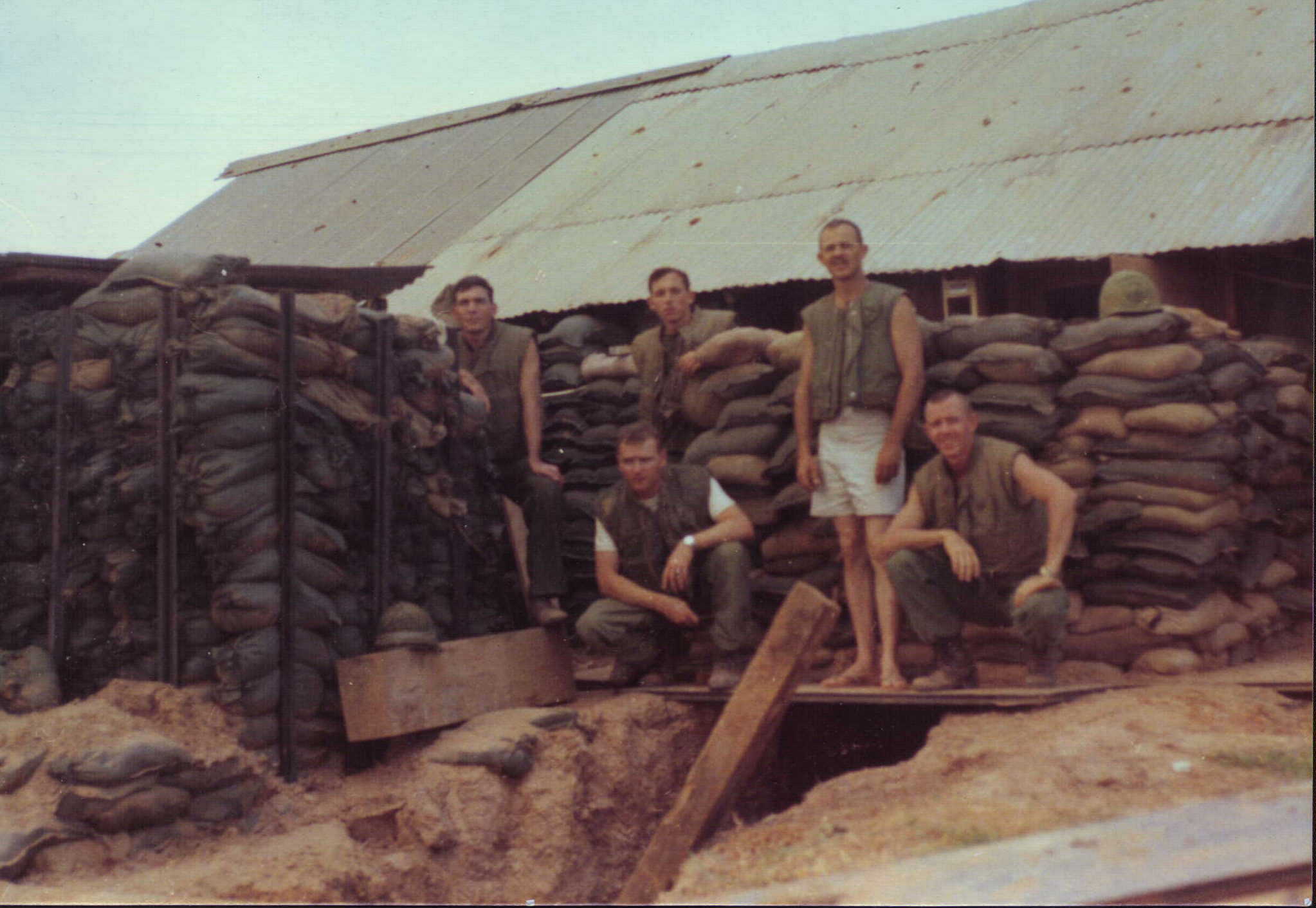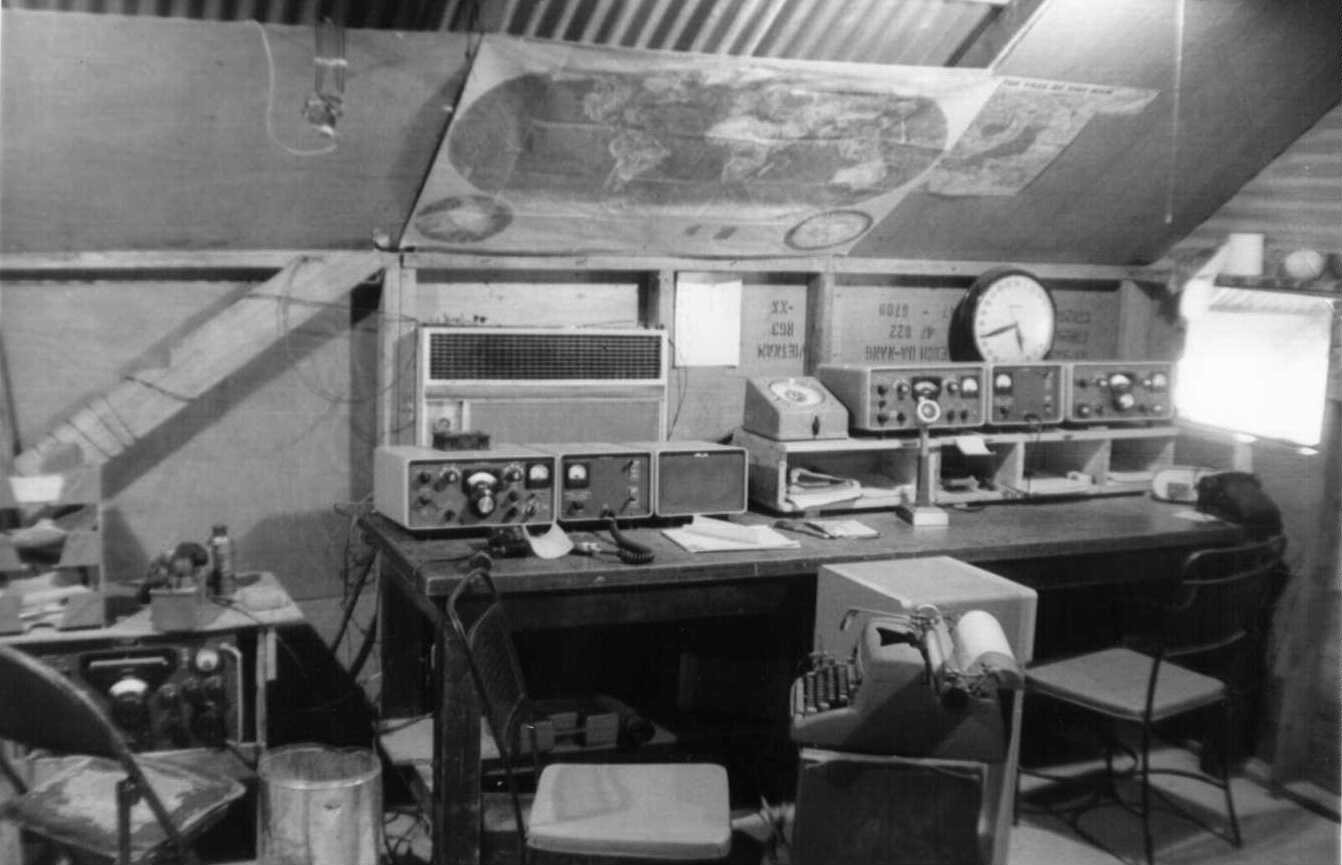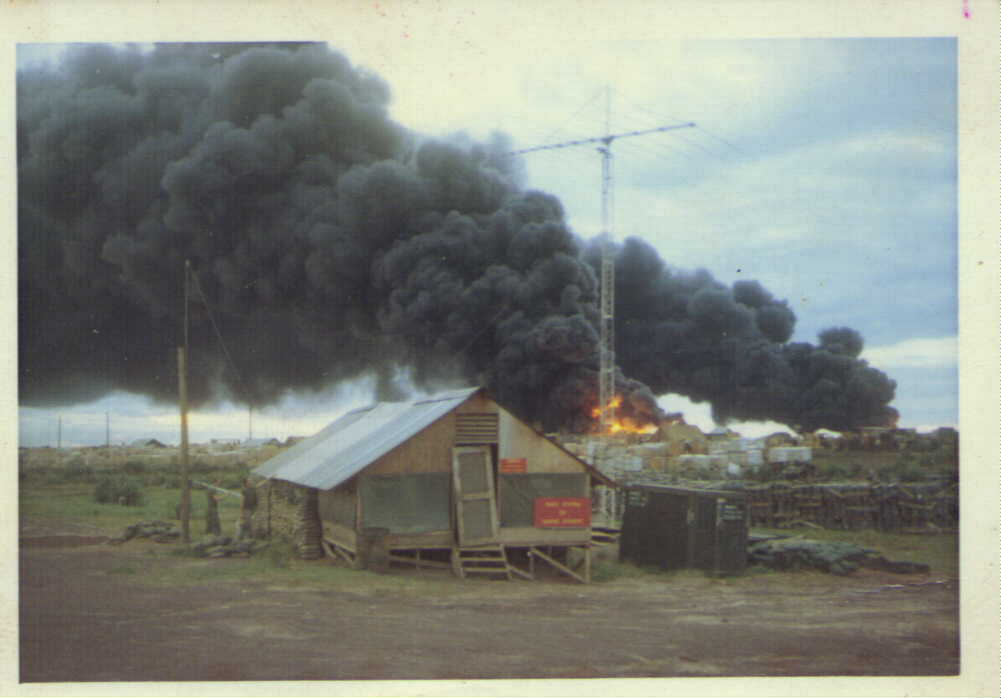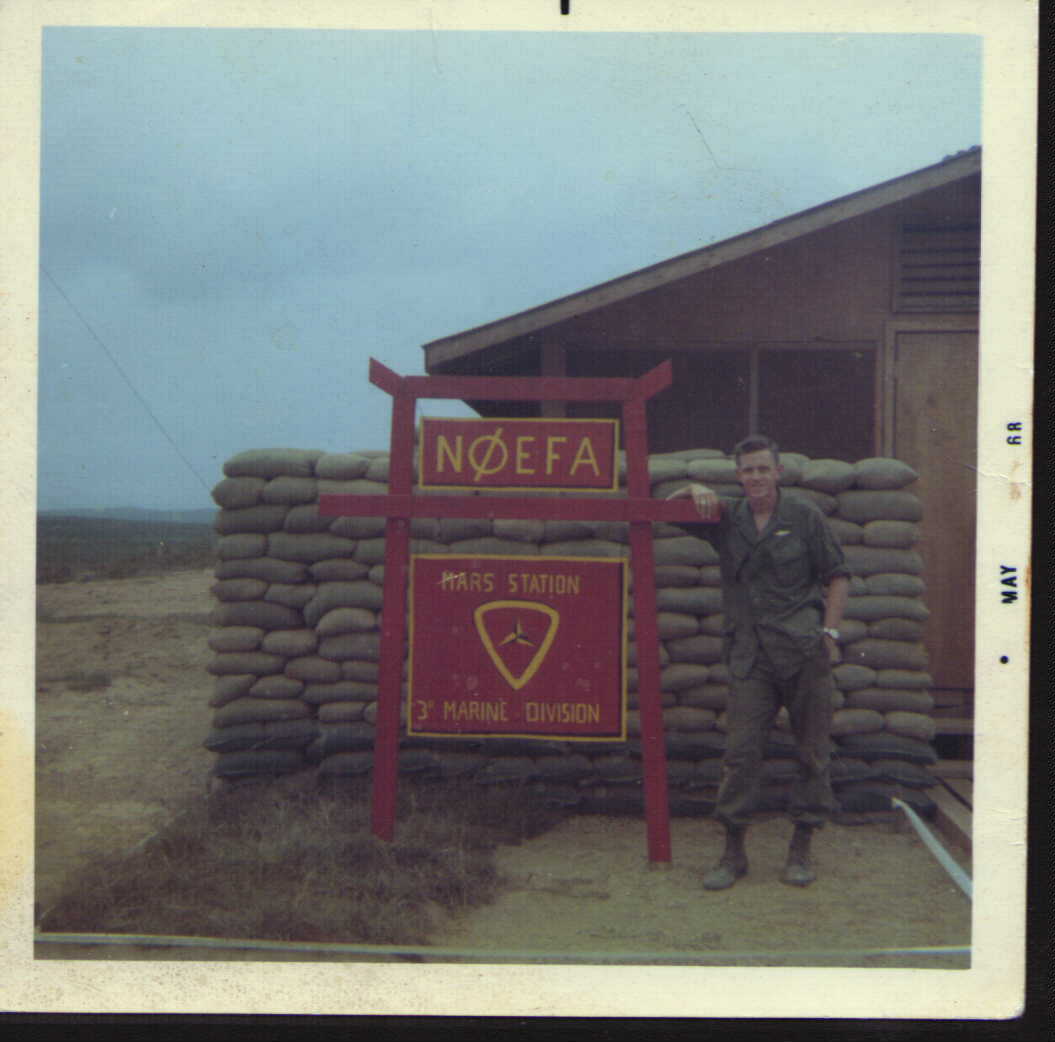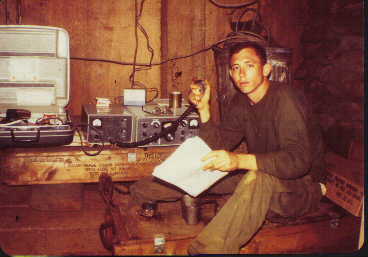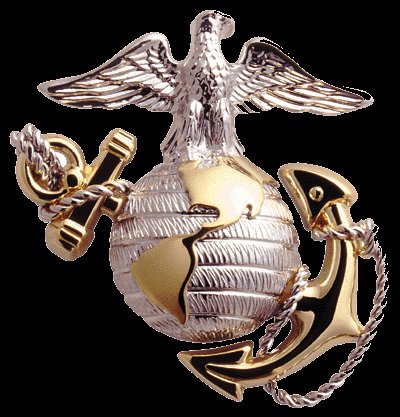 |
 |
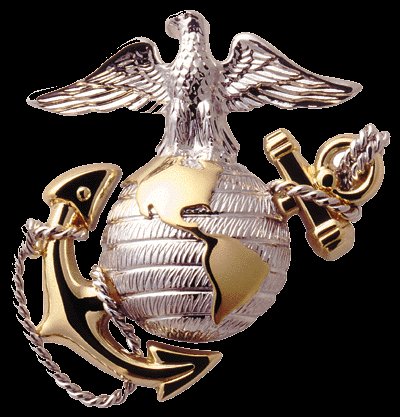 |
During the Vietnam War a small number of Marines,
all licensed ham radio operators (sometimes known as radio geeks) in civilian
life, were given civilian amateur radio equipment and told to use their ham
radio skills to run phone patches, or telephone calls home for their fellow
Marines. The operation was called the Military Affiliate Radio System. Most of
the operators lived in their radio stations, which were known by their callsigns.
November zero echo foxtrot alpha (N0EFA) was the first operating station.
Eventually there were stations Alpha through Zebra (N0EFZ) in Vietnam and on
hospital ships off the coast. They had their own chain of command, as no other
Marine Corps unit wanted any thing to do with them, they seldom wore rank
insignia, went by only first names (even on the radio) and answered only to
other MARS personnel. Their counterparts in the United States placed collect
telephone calls to the families and friends of the Marines in the field and
patched the calls through on frequencies near the ham bands.
This site has been accessed
|
This site created and maintained by Barry Weathersby. If you have any suggestions, corrections, additions, deletions or other comments, please email me. |
| MY TRIBUTE TO MY FELLOW MARS OPERATORS IN VIETNAM | |||||||||||||
Left to right, Standing: Ray Gross, Barry Weathersby, Gunny Harry Boggs (a founding father of Marine Corps MARS) Kneeling: Bill Biggs, Jim Elshoff,
|
|||||||||||||
United States Marine Corps MARS Operations In Vietnam Early in the Vietnam war there was no such thing
as a MARS operator MOS (Military Occupation Specialty) in the Marine Corps.
Operators came from infantry,
recon, tanks, artillery, motor
transport, engineers, helicopters,
air wing and just about every other job in the Marine Corps. A few even came
from communications. The one thing they had in common was ham radio. Some
had been members of their high school amateur radio clubs just a few short
months before and few had the money to invest in a real store-bought radio.
Many had built their own or converted old WWII military surplus radios. But
the Marine Corps handed them fifty to a hundred thousand dollars worth of
state-of-the-art ham radio equipment and said, "Go play".
|
|||||||||||||
ALPHA'S MIGRATION NORTH Alpha was born at 3rd Marine Division Headquarters in Da Nang. 3rd Mar Div FWD (Forward) HQ was created in Phu Bai and N0EFJuliet was activated there. In early 1967, 3rd Mar Div moved it's HQ north to Phu Bai and Alpha was moved north with 3rd Mar Div FWD to Dong Ha, within range of the big NVA guns in North Vietnam, and the station down in Da Nang got a new call sign.
But by early 1968, the old Alpha in Dong Ha was
badly damaged (more holes than walls and roof) and wounded operators and
destroyed equipment were taking their toll on the phone patch count. Harry
Boggs convinced the Seabees (using phone calls home and other bribes) to
build a new station on the other side of the combat base. So Alpha moved
north again. The new station was a beauty:
"Our Turn in the Barrel!" Alpha at it's northern most point, as far north as it could go and still be in South Vietnam. Although full authorization was never granted for 'cross-patching', Harry Boggs considered it critical to run calls for the grunts in the field who deserved it the most. A portable station was assembled and taken to Con Thien, affectionately known as "The Meat Grinder", a few hundred meters south of the DMZ. Calls were run from Con Thien on the 'in country net' frequency and cross patched to the United States through N0EFA in Dong Ha. Barry ran over 500 patches from Con Thien in about two weeks, Christmas of '67. |
|||||||||||||
ROSTER
These former MARS members have checked in. Please let me know if you worked in MARS during the Vietnam War. If you would like to email any of these operators, please contact me. I am still in the process of developing this page and would welcome any and all comments, corrections, criticisms, pictures, stories (true or otherwise) about MARS in Vietnam to improve this site.
(This Original Roster has been replaced and is now tracked on
www.marinecorpsmars.com)
| Barry Weathersby | Don Chilcote | Lenn Lengel |
| Bill Brady | Ernie Young | Leo Apsey |
| Bill Riley | Fred Berman | Lewis Westfall |
| Bob Rotella | Harry Boggs | Mike Linger |
| Bob Runyon | Henry Kenealy | Pat Barnett |
| Clay Conard | Jim Bogue | Paul Cavnar |
| Dan Borgman | Jim Elshoff | Ray Gross |
| Dan Gannon | Jim Kuhl | McKinley Robinson |
| David Lane | John Haw | Ron Ignowski |
| David Lee Foster | Larry Mathess | Rush 'Jack' Williams |
| Dick Stulz | Lee Reisenweber | Will Dunn |
To all of you who made it back from Vietnam, "Welcome Home!". To those who didn't, Semper Fi.
"Some people spend an entire lifetime wondering if they made a difference. Marines don't have that problem." President Ronald Reagan, 1983.
"I don't know what happened. We were
winning when I left." Barry Weathersby, 1999.
Thanks for all the help, guys. Keep it up.
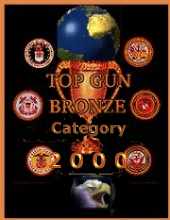
USMC MARS in Vietnam is a member of
the
![]() ]
]
